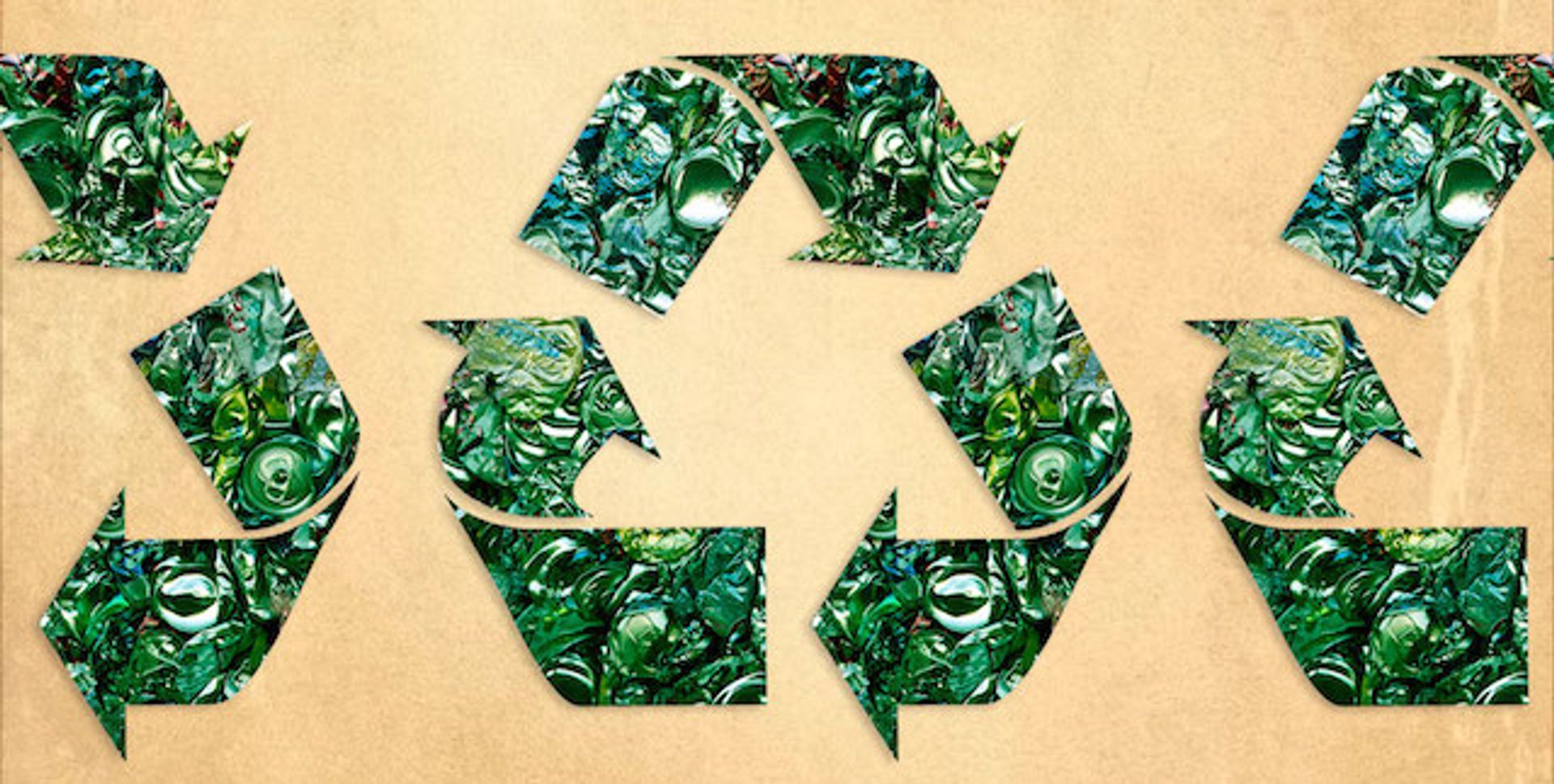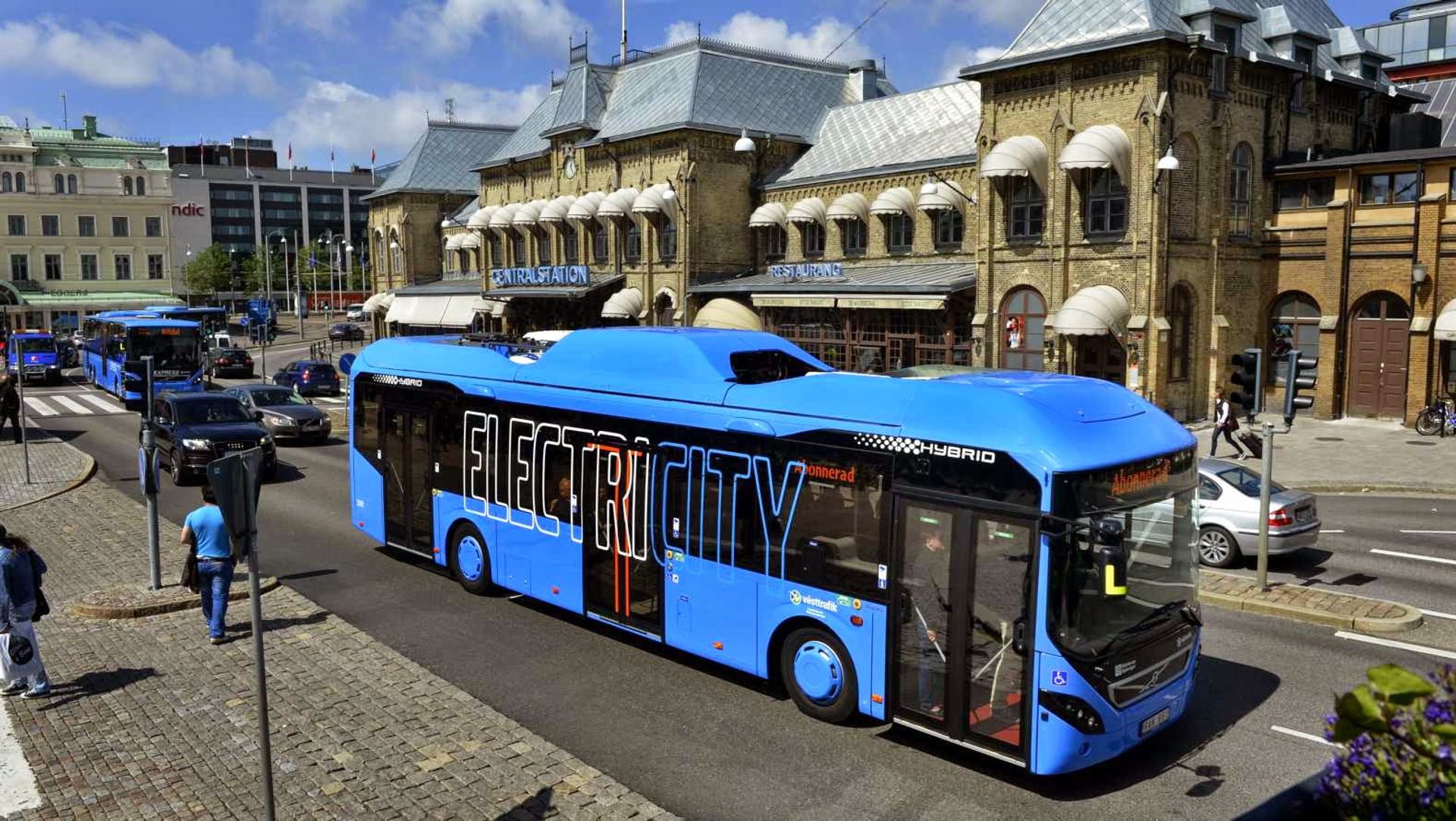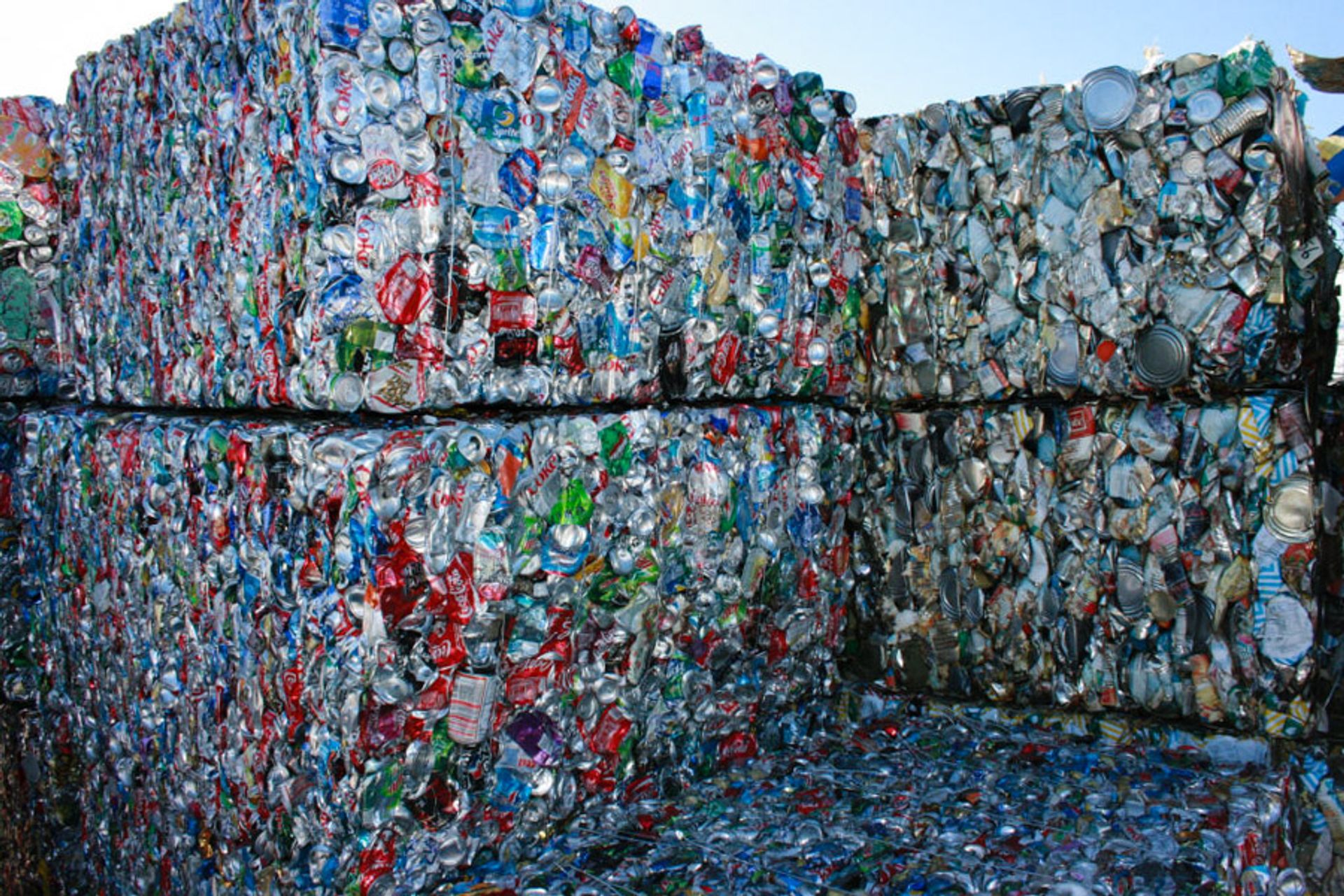
Written by Andaç Baran
21 Feb 2017
The issue of energy management and efficiency is being tried to be guaranteed in Europe with more stringent legislation than any other continents. In this sense, Europe is leading the fight against environmental ills and disasters. Uppsala, the city I live in, is also a part of this trend, and the city is transforming its public transportation vehicles into more environmentally friendly options. Even though I acknowledge that transforming public transportations is only a tiny bit of what we could do, yet it is quite inspiring to see that the prevention of environmental pollution triggered by the transport sector is also being dealt in my hometown.

Of course, the fight against environmental ills is not limited with the public transportation. What I observed in Sweden is that human development and environmental awareness are making the use of alternative fuels increasingly widespread. In Uppsala and in other cities, electric cars’ charging plug-ins and special parking spots for electrical cars are ‘snowballing’ to promote healthier and sensitive options, the significant support of the government makes it easier to implement energy efficiency in the whole country.
Sweden has made significant strides towards becoming the first country in the world to end its dependence on fossil fuels by 2030. Similarly, the people are also playing their roles and abandoning fossil fuel use, even in the winter. Over the past 10 years, the number of bicycle cycling in Sweden has increased by 60 per cent in the winter, while in the last four years the figure has doubled. Because the city of Stockholm is not too crowded, 150 thousand people are cycling a day from their homes to their offices and schools. In Sweden, people keep cycling despite the weather being cold and snowy. Some reports even mention that in the last 5 years the bike has increased by 25 percent on average per year. The same report says that sales of winter cycling tires have increased by 150 percent over the past two years.
In Sweden, biogas obtained by processing household waste with modern methods is used for both heating and electricity generation. Wastes from households in the country are now inadequate in meeting demands. For this reason, Sweden imports garbage from many European countries such as Norway, Norway and Italy. Moreover, these countries also pay for the wastes they export to Sweden. According to data from the Swedish Central Heating Department, in 2015 the amount of garbage imported from outside the country was 2 million tons. Beside producing energy from garbage, Sweden’s 65 percent of the energy it produces last year is derived from renewable sources such as wind, water and biofuels. (If you are curious about the details, please check another blog post I wrote).

If you are really curious what is happening in Sweden, this is what is happening. With 10 million population, a tiny country is giving a lecture about how we could save the world.





